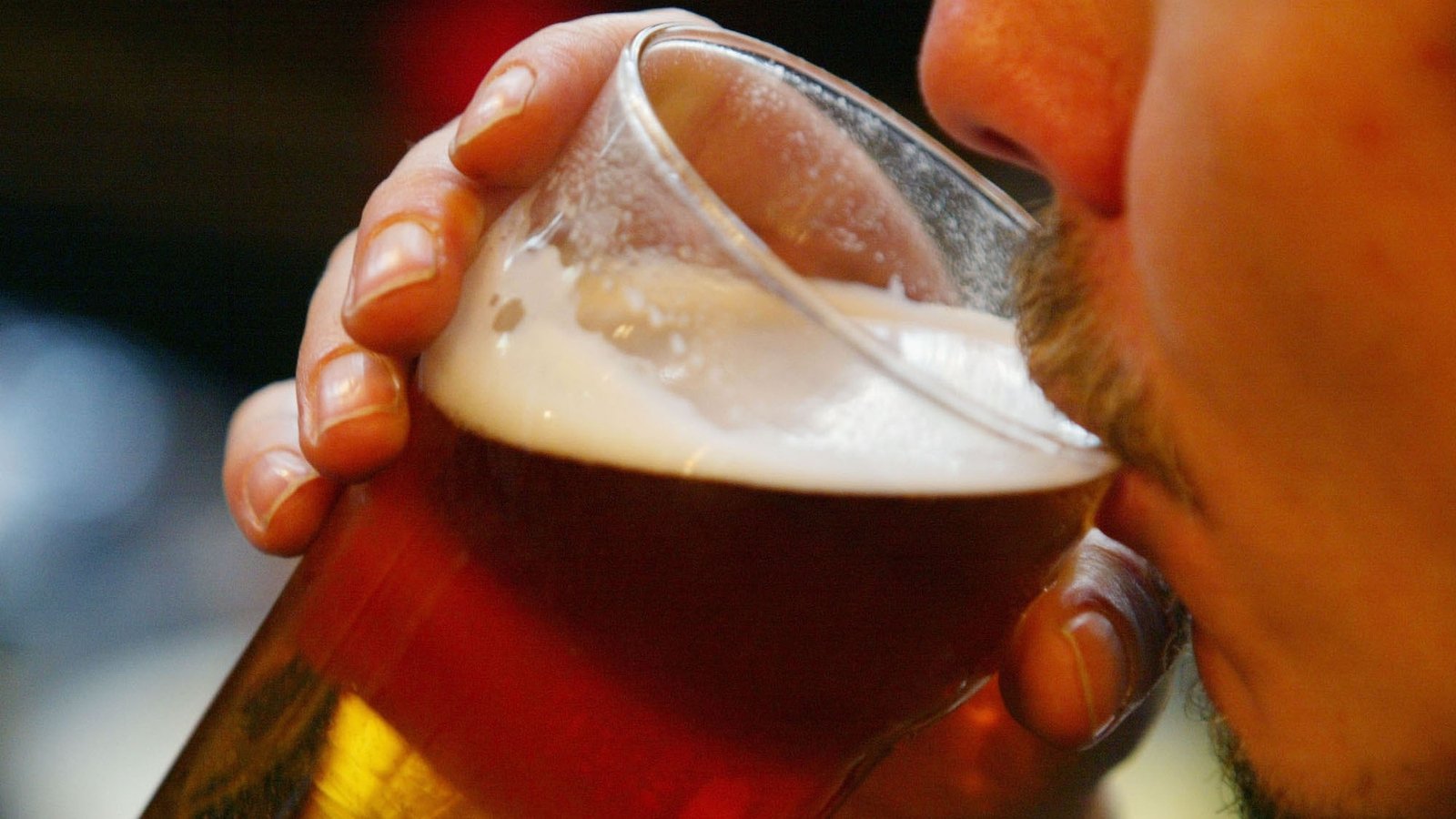Ireland ranks “third in the world” for the number of pubs per capita despite an overall decline, with the drop being offset by a rise in off licences according to analysis from the Health Research Board (HRB).
In its latest report, the HRB also says that three-in-four people in Ireland live within walking distance of a licenced premises.
Citing data compiled by the University of Sheffield, which examined the number of pubs across 25 countries globally, Ireland had the third highest number of pubs per capita in the world – behind Slovakia and Hungary – excluding countries with populations below one million.
When bars, nightclubs, and beer gardens are included in the count, Ireland ranked fourth.
The findings are part of a wider study which outlines that – while there was an overall decline in consumption per capita – the average person aged over 15 in Ireland last year consumed 9.9 litres of pure alcohol, which is above the Organisation for Economic Co-operation and Development (OECD) average of 8.6 litres.
This, the HRB says, equates to 37 bottles of vodka (70cl), 104 bottles of wine or 400 pints of beer.
Almost one-in-three people aged over 15 do not drink at all according to the research, with the number of people abstaining from alcohol up 5% in the four years up to 2022.
The report states that harmful and hazardous drinking patterns are impacting on people’s health as well as health services.
We need your consent to load this rte-player contentWe use rte-player to manage extra content that can set cookies on your device and collect data about your activity. Please review their details and accept them to load the content.Manage Preferences
It notes that alcohol-related illness is the 8th leading cause of death in Ireland, saying that one person dies every day due to alcohol-related liver disease, while one-in-five emergency department hospitalisations are due to alcohol.
The report’s lead author, Anne Doyle, says they found that there is a greater density of licenced premises in deprived communities.
“This is significant because evidence shows that people in deprived areas are more likely to experience alcohol-related harms, despite consumption being lower or equal to affluent areas,” she said.
Speaking on RTÉ’s Morning Ireland, Ms Doyle said that for every pub that closes, an off licence opens.
“We’ve seen an 8% decline in pubs in a ten-year period and an 8% increase in off licenses …. depending on the type of alcohol you’re purchasing, beer sales are more common in pubs, but spirits are substantially more common for drinking at home.”
There are fears that parents are allowing children under the age of 18 to drink at home under supervision, Ms Doyle said.
Such normalisation of drinking was a dangerous practice, and leads to binge drinking and longer-term problems, she added.
HRB Chief Executive Dr Mairéad O’Driscoll said the increase in the number of people choosing not to drink and the decline in consumption per capita was positive.
“However, the way many people drink is harmful which is reflected in alcohol-related hospitalisations and deaths, as well as high numbers of people receiving treatment for problem alcohol use.”
The report has Ireland ranked 8th out of 30 countries in relation to proportion of household income spent on alcohol. It adds that although alcohol has increased in price, it has kept in line with inflation.
Former Vintners Federation of Ireland President Paul Moynihan said pubs are “the hub of a community”.
Mr Moynihan, who owns Moynihan’s Bar in Donard, Co Wicklow, said: “The pub is the home of villages and towns up and down the country.
“I’d say it’s not all about alcohol. It’s about getting people out from rural isolation into meet their neighbours and have a chat and drink responsibly.
Speaking on RTÉ’s Today with Claire Byrne, he said with regards drinking at home, a lot of this involved “people on their own”.
Mr Moynihan said there has been a change in drinking trends for younger people who are “looking for 0.0 alcohol products a lot”.
He said there “was a stigma about 0.0 products a few years ago,” but not any more.

